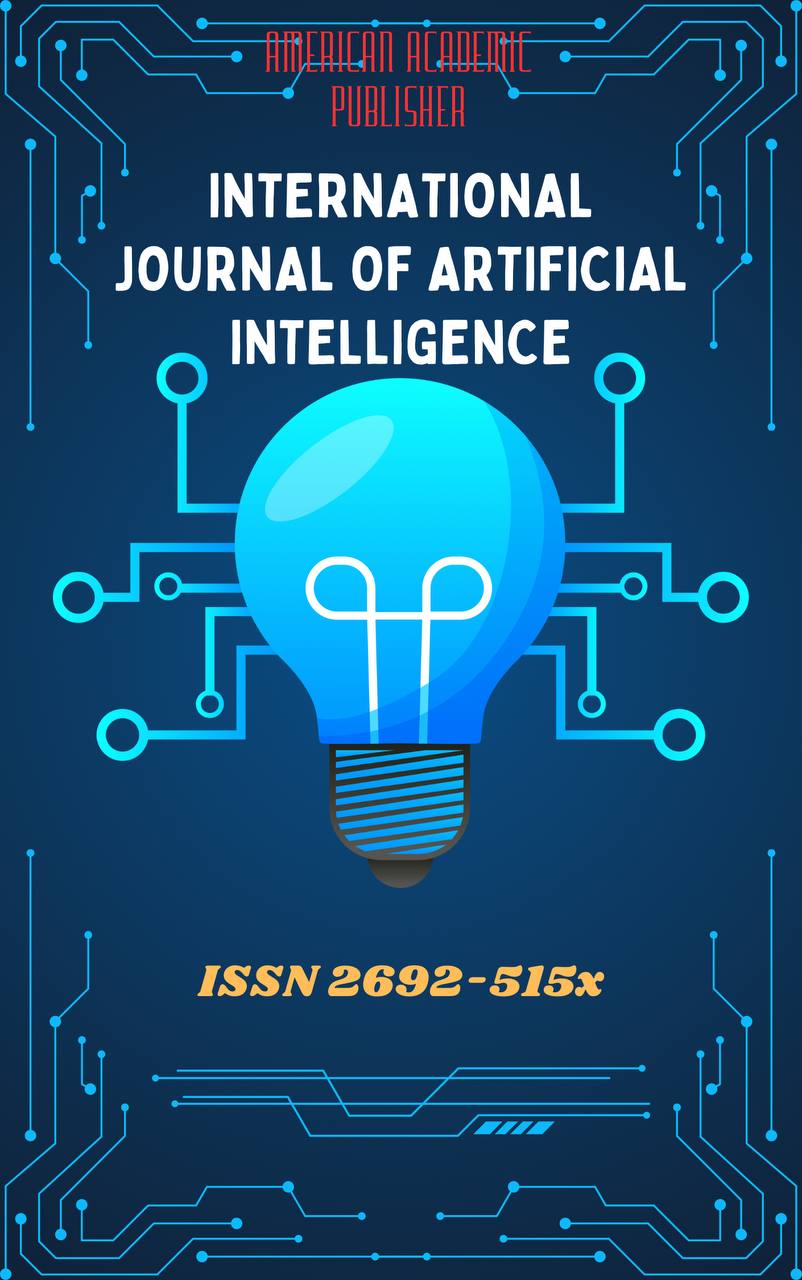 Articles
| Open Access |
Articles
| Open Access | GRAPHIC SYSTEMS OF UZBEKISTAN: HISTORICAL FOUNDATIONS, CONTEMPORARY CHALLENGES, AND FUTURE DEVELOPMENT OF ALPHABETS
Turakhanov Rustam Baxramovich , assistant teacher of University Economics and Pedagogy Samarkand Campus Departments of Pedagogy and Social SciencesAbstract
This article examines the historical development of graphic systems in Uzbekistan, analyzing their evolution from the Arabic script to the Latin-based system used today. It investigates the sociopolitical and cultural factors that influenced these transitions, highlights current difficulties in education, communication, and digital integration, and discusses perspectives for the future development of Uzbek orthography. Through an interdisciplinary approach, the article sheds light on how script reforms reflect broader national identity, globalization pressures, and modernization goals. This article presents a comprehensive analysis of Uzbekistan's script reforms, examining the historical transition from Arabic to Latin and subsequently to Cyrillic script, before returning to a modified Latin alphabet in the post-Soviet era. Drawing upon government documents, linguistic surveys, and educational reports, the study investigates the sociopolitical motivations behind each script change and evaluates current challenges in implementing the latest Latin-based alphabet. Particular attention is given to generational divides in script competency, technological adaptation requirements, and comparative lessons from other Turkic-language nations. The research employs a mixed-methods approach combining archival analysis with contemporary sociolinguistic data.
Keywords
Uzbek language, script reform, Latinization, Cyrillic, Arabic script, orthography, linguistic identity, alphabet policy, Uzbekistan, education, Uzbek language reform, script transition, language policy, orthographic reform, Central Asian linguistics, post-Soviet language planning.
References
Alpatov, Vladimir. 150 Languages and Politics: Language Policy in the USSR. Moscow: Nauka, 1990.
Fierman, William. Language Planning and National Development: The Uzbek Experience. Berlin: Mouton de Gruyter, 1991.
Djuraev, Alisher. Til siyosati va yozuv masalalari [Language Policy and Script Issues]. Tashkent: Fan, 2004.
Kadirova, Shakhnoza. "Latin Alphabet and Language Reform in Uzbekistan." Central Asian Survey 26, no. 3 (2007): 391–407.
Pavlenko, Aneta. "Multilingualism in Post-Soviet Countries: Language Revival, Language Removal and Sociolinguistic Theory." International Journal of Bilingual Education and Bilingualism 11, no. 3 (2008): 275–314.
Ministry of Public Education of Uzbekistan. Alphabet Transition Report, Tashkent: 2021.
Footnotes (Chicago Style, examples):
Vladimir Alpatov, 150 Languages and Politics: Language Policy in the USSR (Moscow: Nauka, 1990), 53.
William Fierman, Language Planning and National Development: The Uzbek Experience (Berlin: Mouton de Gruyter, 1991), 117.
Ibid., 122.
Alisher Djuraev, Til siyosati va yozuv masalalari (Tashkent: Fan, 2004), 88.
Shakhnoza Kadirova, "Latin Alphabet and Language Reform in Uzbekistan," Central Asian Survey 26, no. 3 (2007): 395.
Ministry of Public Education of Uzbekistan, Alphabet Transition Report (Tashkent: 2021), 15.
Article Statistics
Downloads
Copyright License

This work is licensed under a Creative Commons Attribution 4.0 International License.

